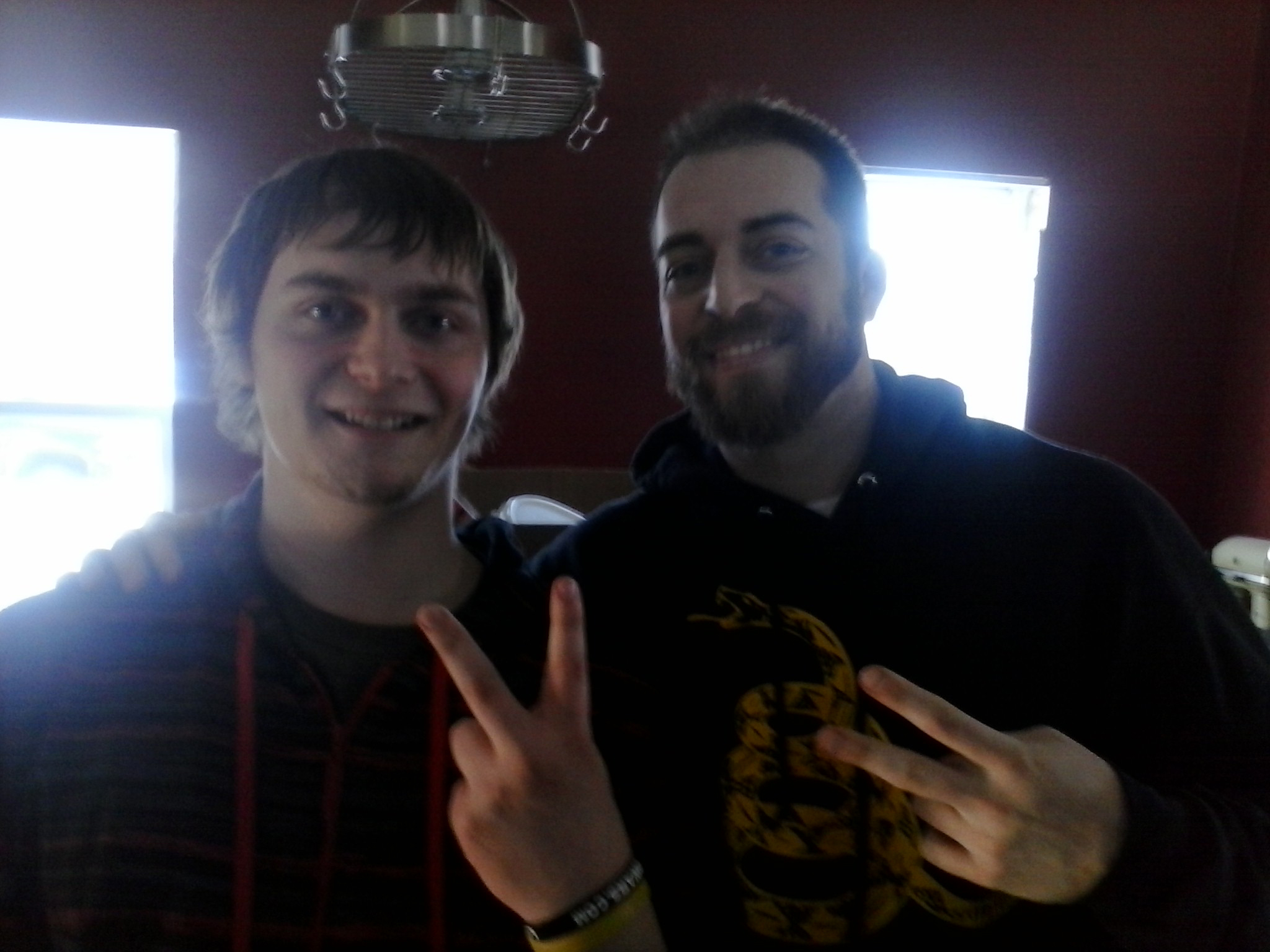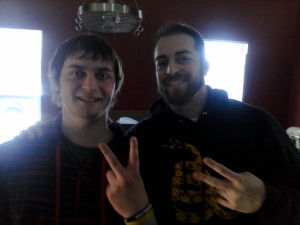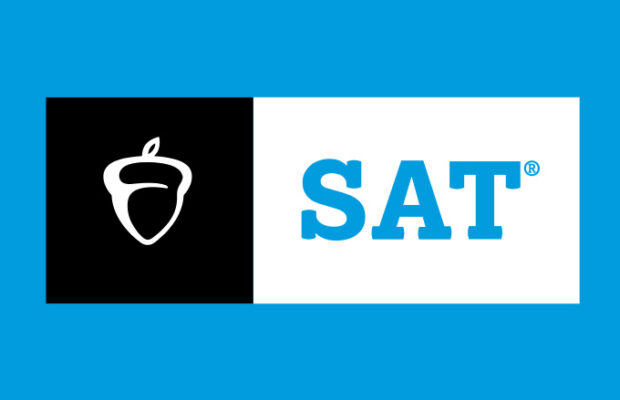Activist visits with Hi-Line writer in recent Cedar Rapids visit

“What’s the point in being free? What good is it to live in a free society, a free country or even a free world if you are such an emotional cripple that you are incapable of enjoying it? These aren’t just philosophical questions to ponder, but questions of practical relevance to anyone who cares about freedom, who I assume cares about freedom, because it is essential to human happiness. Many people assume that freedom should lead to happiness, but that does not correctly describe the relationship. The way that most people understand freedom and happiness is backwards, reverted by primitive thinking,” Adam Kokesh explained to a group of 30 people.

Staff Writer Kaleb Bengston recently got a chance to meet one of his heroes, libertarian activist Adam Kokesh.
Over the weekend, on Feb. 2, Kokesh spoke in Cedar Rapids to address his new book, “‘Freedom’” and to speak about libertarianism, civil disobedience, activism and the benefits of complete non-violence in the face of the collective police force that is getting more and more violent.
Kokesh is a political activist, noted for his blatant cynicism of authority and has been arrested for a myriad of reasons doing so. In May of 2011, he and a group of fellow activists decided to participate in a completely non-violent act of civil disobedience by dancing on the newly “dance-free” Thomas Jefferson memorial. This turned out to be Kokesh’s second biggest arrest ever done to him. While dancing and being filmed, park police decided to crash the event, telling the people to disperse at threat of arrest.
Civil disobedience is as it means: you tell authority “no” in a peaceful manner because what the existing authorities are trying to do is unjust. So the park police swooped in, arrested everyone in a decent manner. Except Kokesh, who was body slammed onto the ground and choked by an enforcer. For dancing.
Kokesh’s big arrest happened when he went to Freedom Plaza in D.C. and loaded a shotgun for a YouTube video. Police a month later raided his house with helicopters, S.W.A.T. and heavy artillery. They threw flash-grenades into his home, stunning the people inside as they rushed in. He was later held in solitary confinement on charges of owning a weapon while in possession of a controlled substance. Kokesh denies that he ever had those drugs and insists that they were planted by police. Those charges were dropped.
I asked Kokesh to define the ideals of libertarianism, as they seem to get a lot of flack from media and people who don’t understand the movement. He said, “Well it makes perfect sense that if you’re a professional thief, that you would like to demonize people who point out the fact that you’re stealing from people, and that that is a bad thing. And libertarianism is that belief that you as a free, beautiful, independent human being own yourself: that it is therefore morally wrong to initiate force, fraud or coercion against another human being. It is a philosophy based on universal nonviolence, so anybody who profits from violence, or is diluted enough to think violence is something that is necessary or benefits them, will have some resistance. These ideas that violence and coercion is a means to an end holds us back from our potential. You can analyze it in a moral sense and say anything else than respect for fundamental and basic rights for human self-ownership is morally wrong. You can say that it will benefit the whole by eliminating institutionalized coercion, which is what government is.”
Then I asked Kokesh to explain the importance of civil disobedience. This was his view on it: “When you’re a libertarian, all activism is based on trying to lower the amount of violence and coercion in society. It’s about reducing the effect of government’s control by force and the threat of force in people’s lives. So, civil disobedience can have a very important role in that because you can challenge laws as it’s set up and hope that those laws will be overturned. There’s a certain type of activism, in that vein, that is intended to reduce the amount of violence and coercion in society. If you have a police officer in your local department who is beating up people without accountability, holding them accountable or getting them fired reduces the amount of violence in that neighborhood. If there is a tax law in your city where your government points guns at people and says if you don’t give us this money, we’ll lock you in a cage, then getting that law overturned reduces the amount of coercion in your community. These are all very important goals, but in the bigger picture, a lot of activism is based on changing the way people think. Changing the paradigm. And while committing civil disobedience as I have, especially in D.C. for gun rights, is about asserting self-ownership by challenging said laws, that are victim disarmament laws, that promote violence and give government an excuse to get peaceful people like me with a SWAT team raid. It’s more important to me to get people thinking about self defence as a civil right; to get people to assert self-ownership. To me, the bigger picture of my activism is to inspire people to assert their self-ownership.”
Kokesh runs an Internet podcast, man-on-the-street interviews and media website called Adam VS The Man, and he is coming out with a book called ‘“Freedom”’ on Independence Day, and it will be free on eReaders and other forms of electronic reading. He said that he has so many translators, it may even “be translated into Klingon for intergalactic reading and education of the libertarian ideals.”






You must be logged in to post a comment Login